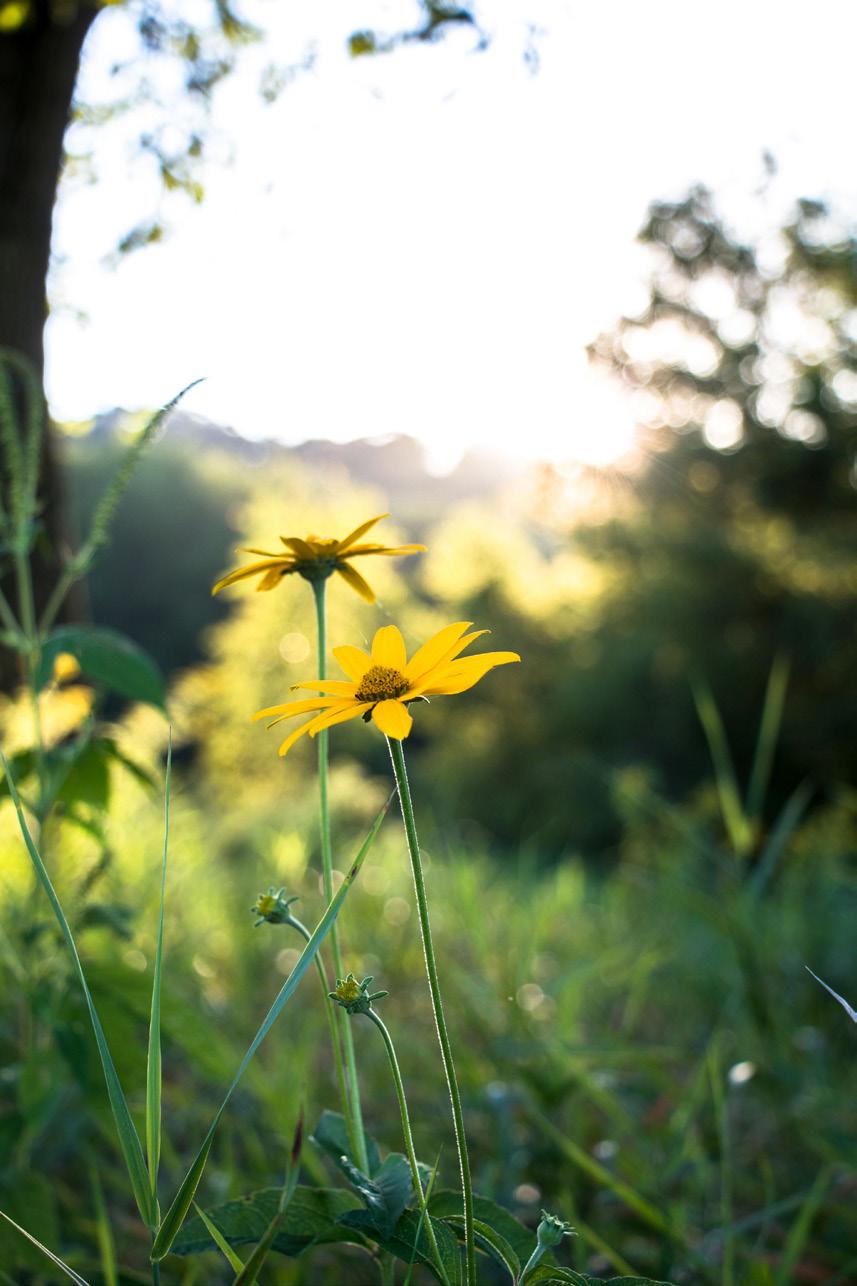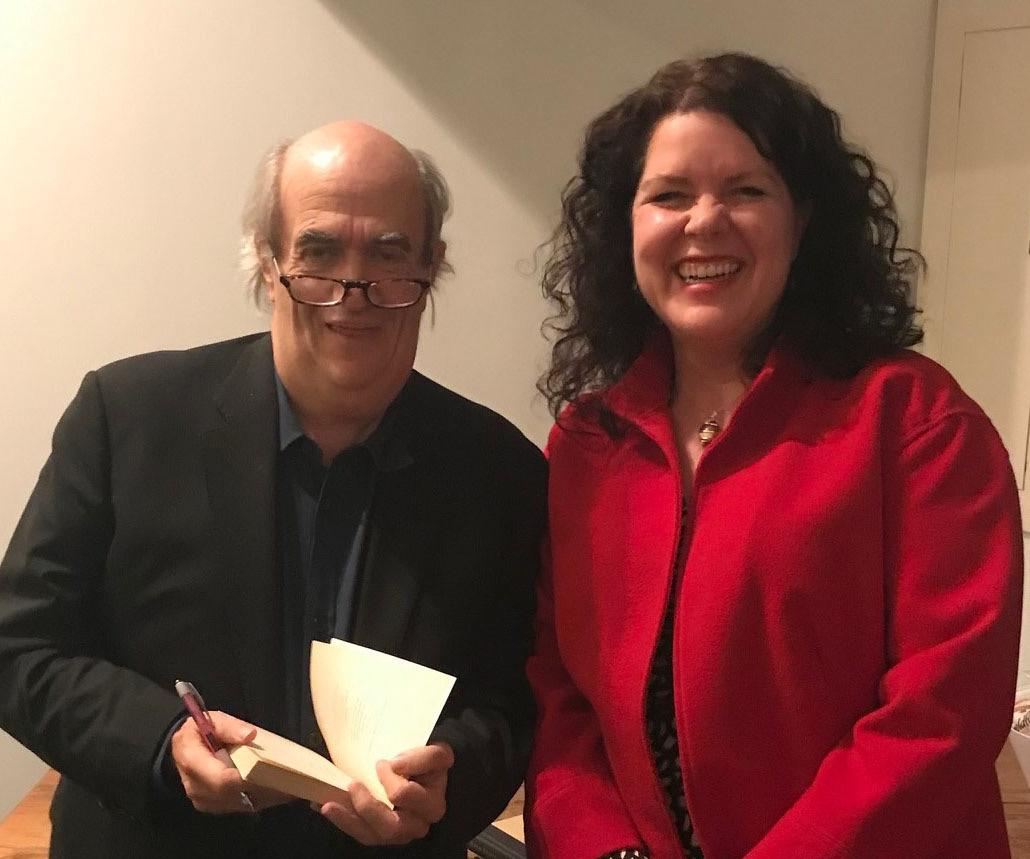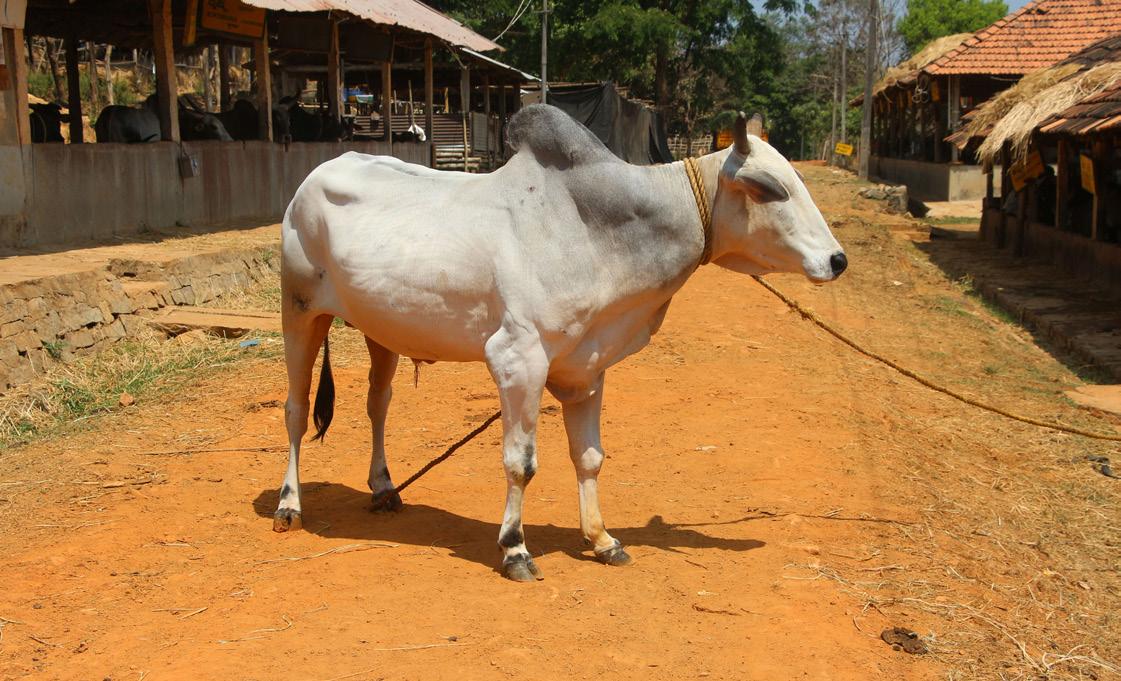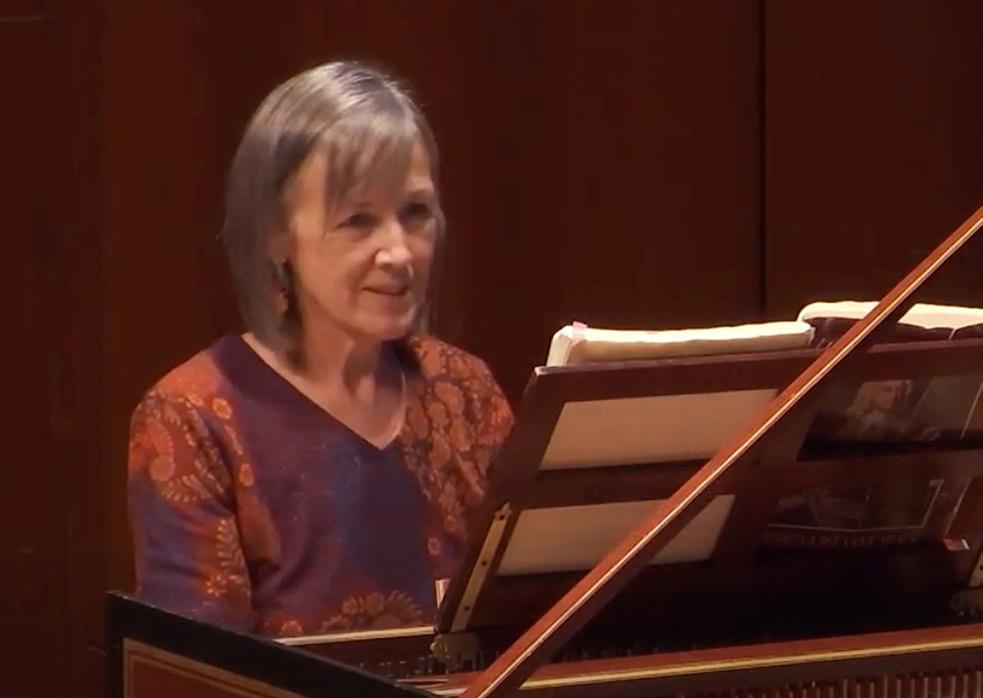Finishing in Stockholm allowed me to visit the St. Gertrud, German Church. This is home to a new organ built in 2004 by Grönlunds, a reconstruction of the church’s original seventeenth century organ by Paul Müller. The ornate case in gold leaf is particularly stunning. It was an opportunity to see and hear this tradition come full circle. The organist of St. Gertrud’s in the seventeenth century, Gustav Düben (1629-1690), amassed one of the most important collections of keyboard music in Europe. He was a friend of Buxtehude, who dedicated a cantata to him in 1680. Along the way, I met many friends and colleagues who engaged in spirited conversations about organs, tuning systems, the current state of church music and liturgy, among many other topics including beer and US politics. I also learned more about green Norway, the benefit of trains, Greta Thunberg, and the way in which a broad cross section of the population appreciates culture and history. At the start of my sojourn, I ran the Berlin Marathon with 47,000 of my closest friends! Back at Luther, I continue to think about the takeaways from this sabbatical and ways to share it. I performed a candlelit recital in the Sundt Studio of Jenson-Noble Hall of Music in early March highlighting some of the music I studied and played in North Germany and Scandinavia. I collaborated in a demonstration of claviorganum in October. More importantly, I wonder about the big pedagogical questions pertaining to the teaching of music by Buxtehude and Bach knowing that their students, given a directive, notated the scores we now use. How much of a role should improvisation play in current teaching? How do we entice and engage a broader audience? Mostly, I am inspired to be the strongest advocate possible for this art, and to share it in even more compelling ways and in a wider variety of venues. I am grateful to Luther College for continuing to support faculty sabbatical research and time away from teaching. I am also grateful for the Tomson Family Fellowship that supported this most interesting and enjoyable project.
Greg Peterson playing the single-manual organ by Olaf Schwam (1782) at Börstil Church, Östhammer, Sweden
Oldest baroque organ in Sweden, built by Johan Niclas Cahman (1726-28), Lövstabruk Church Fall 2020/Agora
35


















